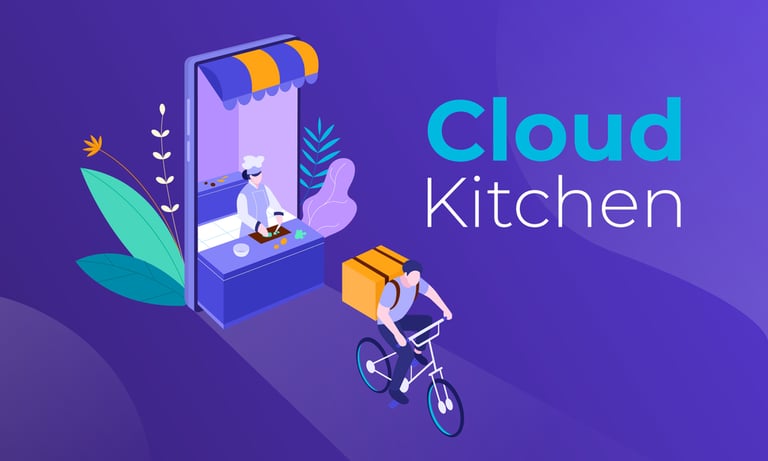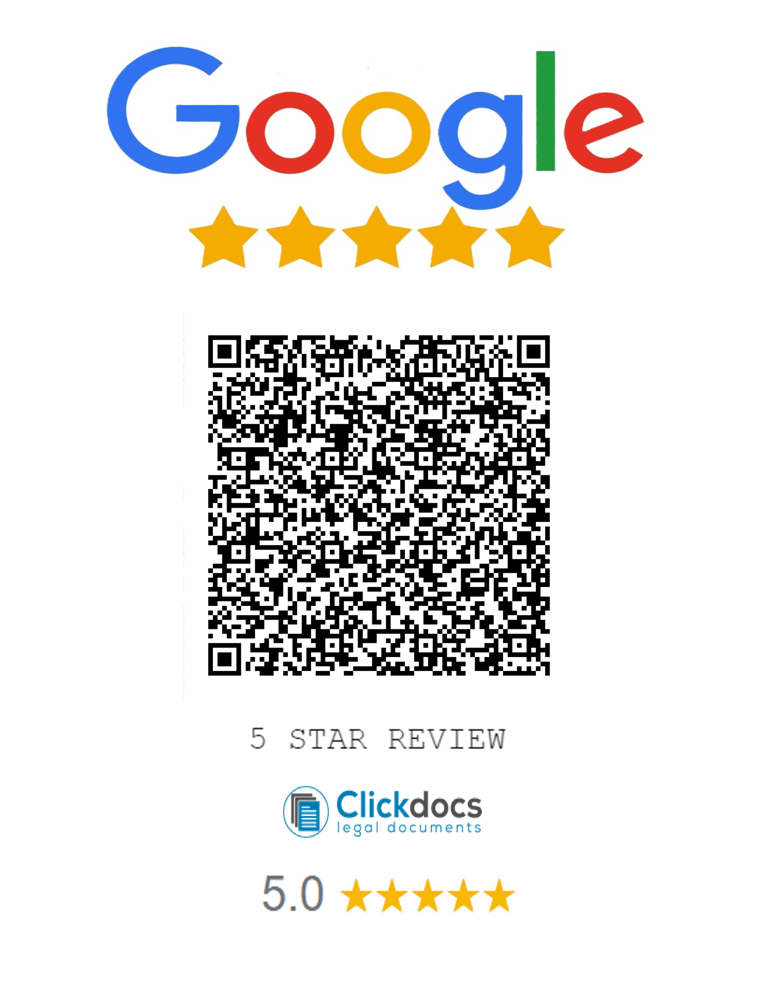Cloud Kitchen Restaurant Registration
Starting a Cloud Kitchen Business is a low investment, low risk, still a high-profit business model.
Trusted By
1 Lakh++ loving customers
We are authorized service provider of Indian e-governance services sector.

What is cloud kitchen restaurant?
A cloud kitchen also recognized as the dark kitchen or ghost kitchen or we can say a virtual restaurant is a kind of restaurant establishment that offers only-delivery services with no dine-in convenience.
A cloud kitchen is essentially a restaurant kitchen that only accepts incoming orders via online ordering systems, and provides no dining facilities. They have a base kitchen that delivers food to customers ‘doorstep.
Cloud kitchens may have their online ordering website and online ordering app or accept orders through various food delivery platforms. Since the primary source of revenue for these internet restaurants is through various food ordering platforms such as Swiggy, Zomato, etc., it is important to have a check-in system that keeps track of the deliveries and the volume the company generates from different platforms. This will save you the trouble of adding and measuring orders from various ordering systems at the end of each day.


How to register and become a partner with Zomato or Swiggy to sell food online?
If you have the FSSAI License then you can quickly sell the food online.
What are the types of cloud kitchen business models?
Standalone/Single Brand Cloud Kitchens - A standalone/single brand cloud kitchen operates under a single theme and concept. It typically offers 1-2 cuisines and has a small menu with 10-15 menu items. An average standalone cloud kitchen is around 300 Sq Ft in size.
Virtual Restaurants - A virtual restaurant is a brand that operates from inside an existing restaurant. These brands are only listed on the online food aggregators, and utilize the kitchen infrastructure and resources of the existing restaurant; just under a different brand name. The virtual brand offers a different menu from the main restaurant and can be a great way to experiment with a new cuisine which may be very different from what the established restaurant is known for.
Multi-brand Cloud Kitchens - The cloud kitchen business model provides restaurateurs the flexibility to launch multiple brands and provides easy revenues for business expansion. A multi-brand cloud kitchen is a large kitchen infrastructure where multiple brands of the same company can operate from, using the same equipment and resources. These brands are cuisine specific, each satiating a different customer need and catering to different Target Groups. The multi-brand cloud kitchen model enables companies to cater to a wider audience and sell more to existing customers. Also, multiple listings on the aggregators provide the company with better audience penetration, enabling them to reach out to a wider customer base.
Co-working Kitchen Spaces - A co-working cloud kitchen space, also known as shared kitchen space, commissary kitchen, etc., is a large kitchen infrastructure, which multiple restaurant brands can rent and occupy and run operations. These kitchen spaces have individual kitchen units for each brand, fitted with the necessary equipment and utilities. These kitchens are again located at strategic locations with high customer demand, especially for specific cuisines.
Aggregator Managed Cloud Kitchens - Aggregator cloud kitchens are large co-working kitchen spaces managed by the online food aggregators. The aggregators invite their top restaurant partners to prepare food for delivery-only from these kitchen spaces. The two major players in the Indian food delivery space, Swiggy, and Zomato have both tried their hands in the cloud kitchen business through this type of cloud kitchen business model.
Operator Managed Cloud Kitchens - In an operator managed cloud kitchen, the kitchen operator runs the operations of existing or upcoming restaurant brands on their behalf. The brands are listed separately on online food aggregators and can also receive orders from the cloud kitchen operator’s central food ordering website/mobile app or call center. All operations, right from accepting the order online and preparing it, to getting it delivered through third-party logistics is taken care of by the operator. Operator managed cloud kitchens are like virtual franchising models, and one of the best ways of expanding the cloud kitchen business. Popular biryani chain Biryani Blues has started operations in Dubai by partnering with the cloud kitchen operator Kitopi. Biryani Blues has currently three outlets with Kitopi and works on a revenue-sharing model.
Documents required for the cloud kitchen restaurant registration?
Passport Size Photo
Aadhaar Card
PAN Card
Cancelled Cheque
Food License
Food Items Menu
Restaurant Front Photo
GSTIN Certificate If Available
5 Food Items Photos
Procedure for the cloud kitchen restaurant registration?
Fill Online Application Form
Cloud Kitchen Registration Fee Payment


Get Restaurant Live




Benefits of cloud kitchen restaurant registration?
Low Capital Expenditure - Cloud kitchens work on a hub and spoke model and deliver food at the customers’ doorsteps. The cloud kitchens need low capital expenditure as dine-ins are strict no; that’s how restaurants can save money on furniture, rent and miscellaneous services. Many small businesses, initially, take up the route of cloud kitchen formats to enter the restaurant industry.
Low Price for Consumers - The cloud kitchen franchise model helps lower the rent-to-sales ratio for a brand; the cost of manpower and rentals decreases. Thus, reduces the product price for the consumers.
Focus on Marketing and Brand Building - Since, the setting-up and operational costs are low, another advantage for cloud kitchens is that they can focus more on marketing its products and building its brand value. Listing their brand on an online aggregator app cuts down the marketing or advertising costs which can be used by such brands to present offers and discounts to its customer to build up the customer confidence and its brand value.










